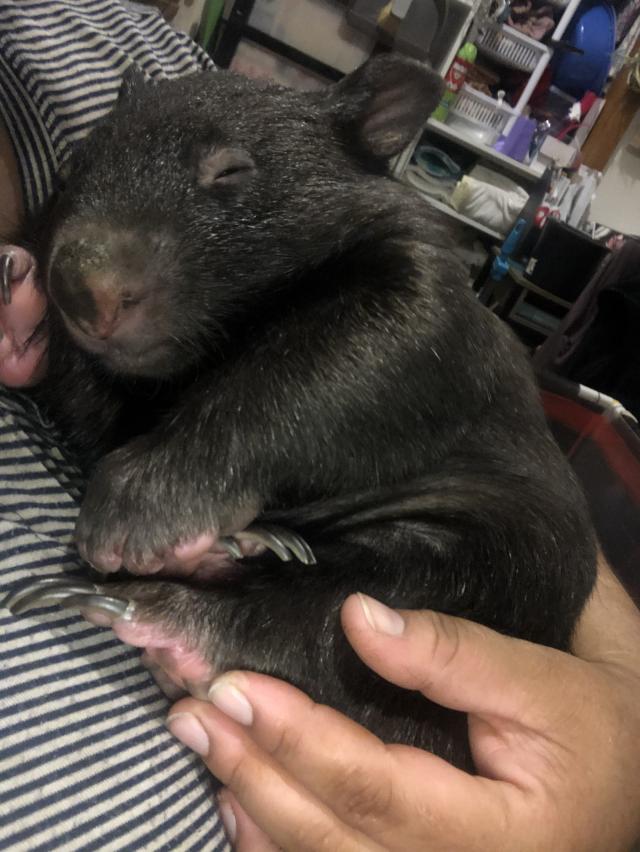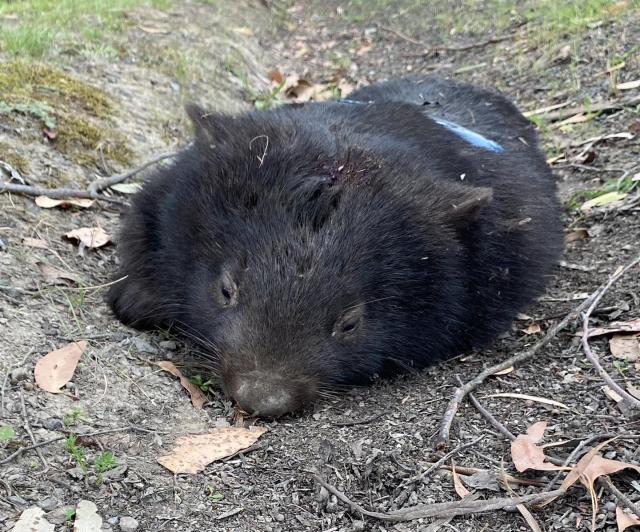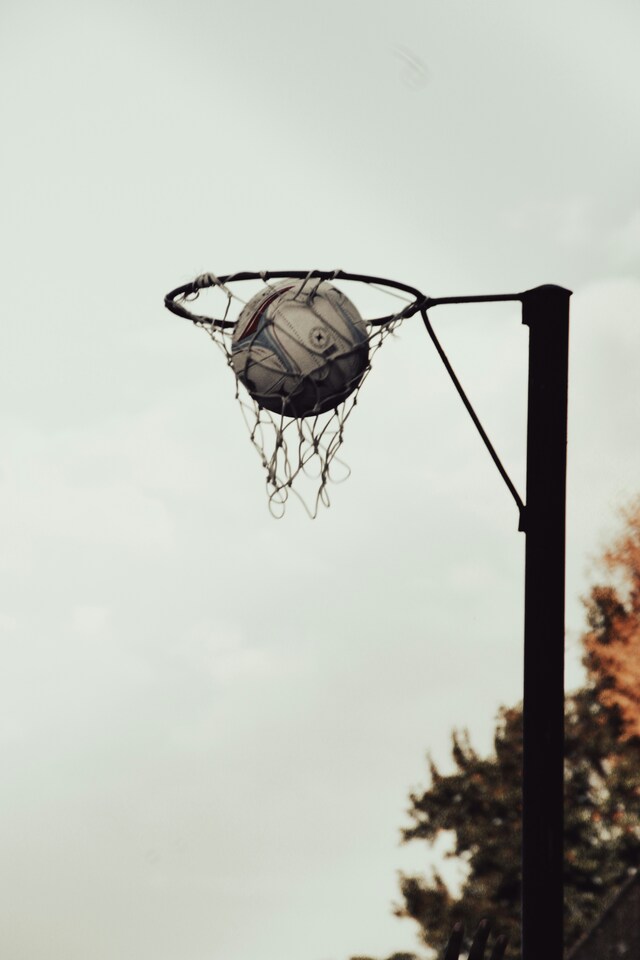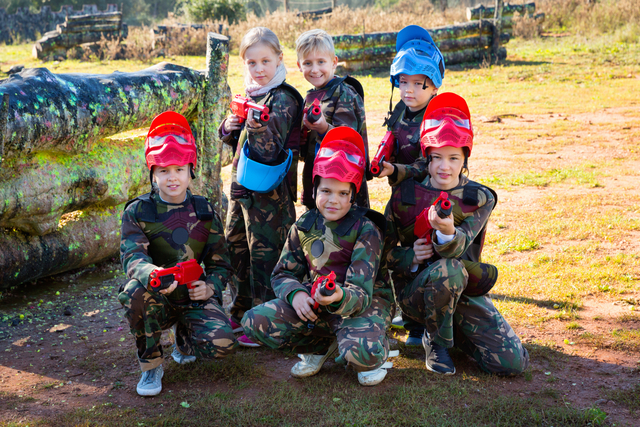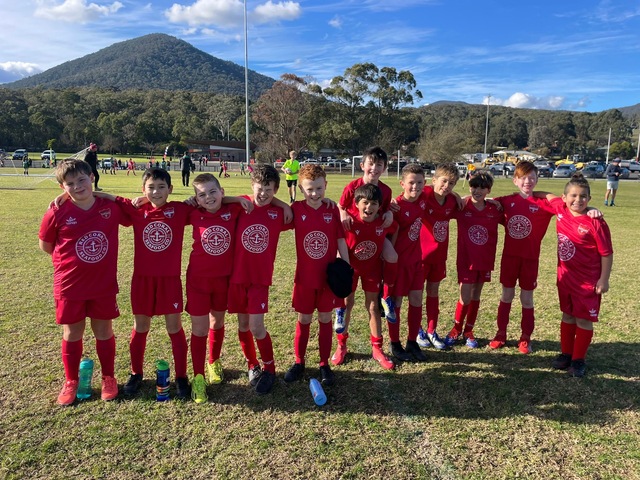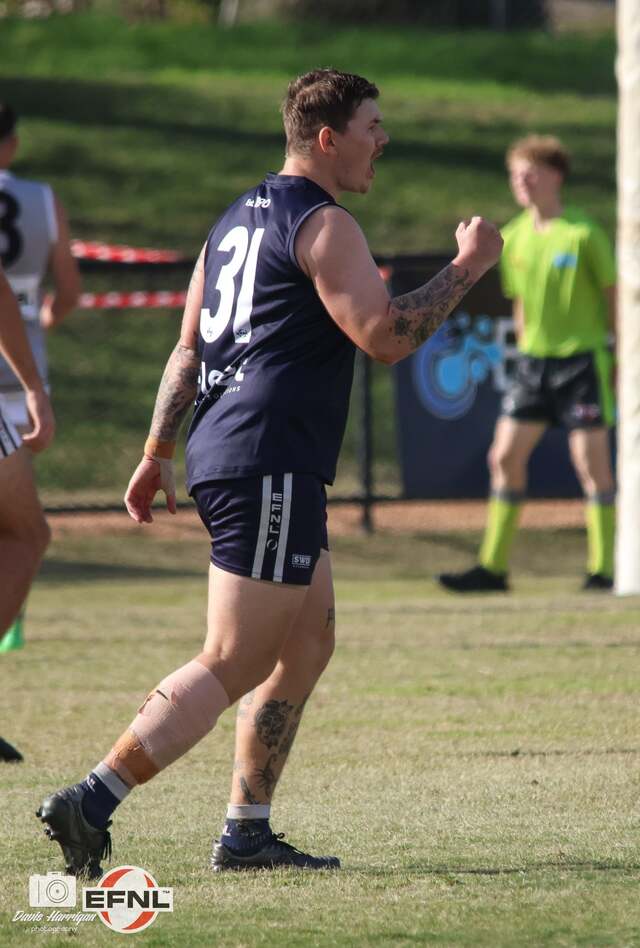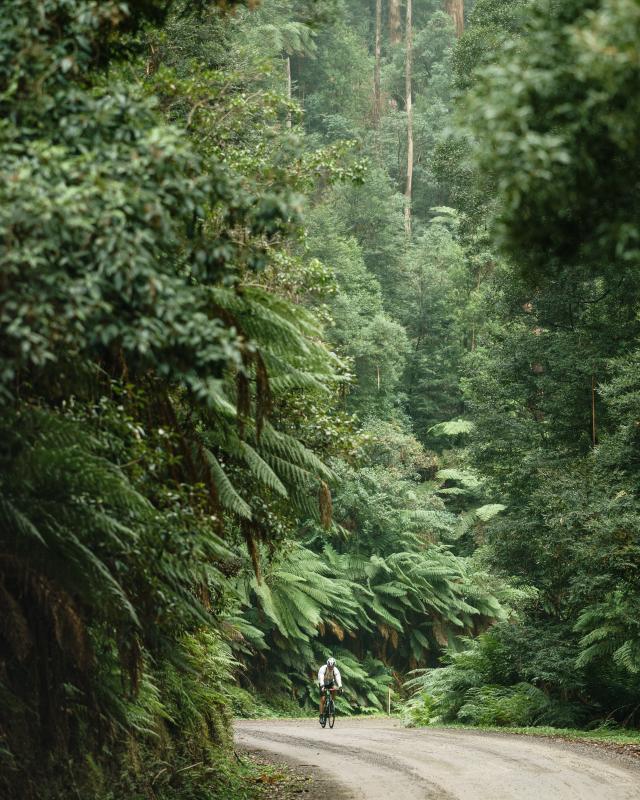Wildlife continues to be hit and left to die on our Yarra Ranges roads but a little bit more wariness can go a long way.
Not every accident can be avoided but there are ways to help animals that have been struck, especially if a joey is involved.
Raewyn Jeganathan from the Waratah Wildlife Shelter said wombats, roos and other animals getting hit on our roads is a very regular occurrence.
“There is always an issue with animals being hit on the road and I don’t know how we can get it through to people but if they just drive a little bit slower in the evening and the early morning and be aware that there’s potentially going to be wildlife crossing the road,” she said.
“Even if they do hit something, they can at least call and try and get help for the animal and check for the joeys.”
In recent weeks, two particular sad stories of wombats being hit on Upper Yarra roads have led to the Waratah Wildlife Shelter. In mid-November, Ms Jeganthan appealed to the public to be on the lookout for a wombat joey near Lusatia Park Road in Woori Yallock after a mother was hit and moved to a gutter on the side of the road with severe injuries, with her joey nowhere to be found.
At the start of December, Ms Jeganathan found a wombat that she had raised at the shelter, Pearl, dead on the side of Dalry Road (near the Don Road end). Pearl had been marked and appeared to have had a joey cut from her pouch.
Ms Jeganathan said if you hit an animal, the first thing to do is call Wildlife Victoria.
“They’ve got a lot of the carers and rescuers on their books, so they’ll send a message out to the people in the area wherever the animal’s been reported from so that somebody can get out there,” she said.
“This is potentially better than calling somebody like me directly because I’m just one person and if I can’t help, I’ll be telling you to call Wildlife Victoria so it minimises the leg work.”
When an animal such as a wombat or kangaroo with a joey is hit, the joey may be flung from or remain in the animal’s pouch, so always check the pouch for a joey first, and if there is no sign of a joey but the animal is actively lactating, check the surrounding area. Wombats may also leave a joey in their burrow when they go out to forage, so if a joey is spotted in the days after, it is important to call a wildlife specialist.
Ms Jeganathan said it is important to get a few pictures of the area, do a pin drop on Google Maps or be able to describe the area after hitting an animal.
“Even if you just have a good description of the location, such as ‘out the front of such and such number with the bright blue letterbox near the stump’ or something like that, when our rescuers do go out, it makes it easier for us to locate the animal,” she said.
“If the animal’s not where the person is described, then we know that it’s moved, but we are looking in the right spot.”
If an animal has been marked with paint, usually on its back, it means that its pouch has been checked. Anyone can do a pouch check; check the animal’s gender by looking for testicles first, which can be clearly seen if it’s male and if it is female, you can pull open the pouch, have a look and feel for any movement.
Ms Jegenathan said she wanted to remind me people to drive slowly and carefully and be conscious of the potential for wildlife.
“We could avoid a lot of incidents, not all of them, there’s always going to be unfortunate accidents where people just cannot stop in time,” she said.
“Driving a little bit slower, keeping your eyes peeled, try not to get distracted by the radio or the phone or whatever, and to know that if you see an animal grazing on the side of a road, not to assume that just because they’ve seen you, they’re not going to cross the road,”
“When it comes to roads and our wildlife, they just have no comprehension of how dangerous it is. Pass them wide and slow, if you’ve got your high beams on, dip your lights so you are not blinding them and don’t assume that they’ve seen you and won’t panic and jump out on the road.”
Following the death of Pearl on 2 December, Ms Jeganathan is seeking information from anyone who knows what happened or checked her pouch and can be contacted at 0400 882 704.

